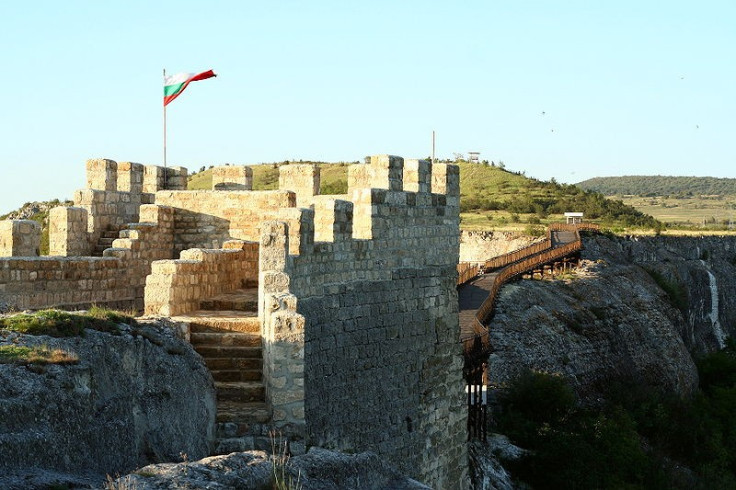Europe’s Oldest City Uncovered in Bulgaria

Archaeologists at Bulgaria's National Institute of Archaeology claim to have unearthed Europe's oldest prehistoric town in eastern Bulgaria.
Excavations at a site near the town of Provadia in northeastern Bulgaria have revealed the remains of two-storey buildings and stone walls, which archaeologists say date back to 4,700 to 4,200 BC.
"Three successive fortification systems were identified - the first one included a wooden-earthen palisade, and the other two were probably entirely made of stone. They were built and used in the Middle and Late Chalcolthic (4700-4200 BC). The stone walls are two to three metres thick and have bastions," researcher Vasil Nikolov reports in the paper, Salt, early complex society, urbanisation: Provadia-Solnitsata (5500-4200 BC).
He noted that further successive settlements remain unexcavated but the remains of several buildings identified so far belong to the three main prehistoric periods - Late Neolithic, Middle and Late Chalcolithic.
According to archaeologists, these walls are the earliest fortifications yet discovered in Europe. The settlement probably belonged to a community of 350 people and a production centre unearthed along with the walls suggests that the people produced salt.
"A premise for the prosperity of the society in the later prehistory (6th and 5th millennia BC) in the region of Provadia-Solnitsata was the salt that in the early agricultural period became the only strategic resource," Nikolov added.
The archaeologists have been excavating the site, located near the Black Sea resort of Varna, since 2005. Besides stone walls, researchers have also found graves containing funeral objects and ritual complexes.
According to Nikolov, the Black Sea salt trade made this an economically prosperous settlement. However, such dependency on natural resources ultimately led to the fall of the Chalcolithic society.
"The reason, however, for the disintegration of this society was the relatively quick and important climate change, bringing considerable rise of average annual temperature and severe dry spell in the region. The flourishing early agricultural communities experienced a shock that necessitated their quick nomadisation. The prehistoric salt production centre of Provadia-Solnitsata was abandoned for thousands of years, indicating that it was precisely the drought that caused the collapse of the Chalcolithic society, and not a powerful invasion from the north," he concluded.
© Copyright IBTimes 2025. All rights reserved.






















